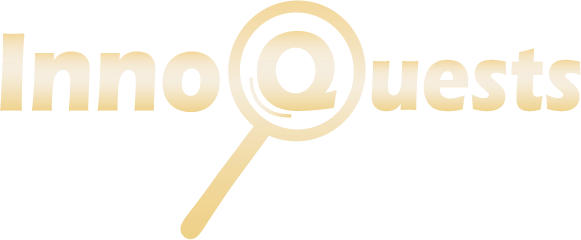Are you Missing a Theory? Experiential Learning in the Workplace
The same experience has played out in conference rooms all over the country. Regardless of topic, a similar pattern ensues. Information is disseminated. People discuss. Ideas are generated and recorded. People depart - often, filled with enthusiasm. Yet, nothing changes.
Or, perhaps this version of events comes to mind: Colleagues depart the office for a day. They drive go-karts, go bowling, or even try a ropes course. It’s fun. It may be challenging. But, little long-term impact is observed.
Both of these options suffer from a lack of theory. Theory may not be commonly discussed in the C-suite, but it’s critically important.
Theory helps to explain the essence of human behavior - why it occurs and how to change it.
Each scenario referenced above failed to capitalize on theories of how people learn. Though a multitude of theories exist, one of the most commonly referenced is David Kolb’s (1984) work on experiential learning. This theory outlines four concepts in the learning process that can be effectively employed to devise truly transformational educational experiences:
Factor #1: Concrete Experience
Learning occurs when people are active and engaged in the instructional experience. Though exposure to information - such as a presentation - offers some level of activity on the part of the learner, Thomas Morris (2019) argues that true concrete experiences are “contextually rich.” Instead of providing only information, effective experiences make use of places and people. They immerse people in specific environments. They recognize social context. They require collaboration as learners explore their physical space. Thus, a failure of many corporate training programs may be the lack of inclusion of people and places to stimulate innovative thinking.
Effective learning experiences make use of places and people - not just information.
Factor #2: Reflective Observation
Experiences must generate alternative ways of thinking. At this stage, learners must look at the ambiguity of a learning scenario and make hypotheses about it. In so doing, they may evaluate their perspectives, generate novel ideas, or add information from their repertoire to help frame the current context. The recognition of the role of people and place is critical to such reflection.
When the same people are asked to discuss the same topics in the same place, innovation is unlikely to follow.
Factor #3: Abstract Conceptualization
After reflection, effective experiences stimulate abstract thinking. People begin to connect their perspective and experience to prior knowledge. They seek to make sense of information and devise a strategy for its use. They’re applying the novelty of the learning situation to the problems at-hand. The importance of this stage is demonstrated by Zhang et al.’s (2018) work on escape rooms. Employees at an emergency department were asked to complete an escape room. A common criticism of the experience was that it lacked an effective debriefing.
Off-site bonding activities may be fun, but strategic opportunities to relate the experience to real-world problems are likely needed to enhance learning.
Factor #4: Active Experimentation
Armed with new information, people need the opportunity to try out what they’ve learned and evaluate their successes. In choosing a leadership training program, organizations must commit to the long-term success of lessons learned. Employees must be able to safely take risks, test ideas, and receive positive reinforcement for doing so in order for long-term change to occur.
Experiential learning in training offers an opportunity for innovation, but it must be reinforced in the workplace.
Many leadership development training programs fail to align to competencies. Other programs lack opportunity for critical reflection and practice of skills. If you’re up for a true leadership challenge, consider integrating strategic training that emphasizes experiential learning.
Similar to scavenger hunts, InnoQuests are immersive puzzle hunt adventures experienced in real-world locations. Learn more about how we use experiential learning to facilitate team growth.



